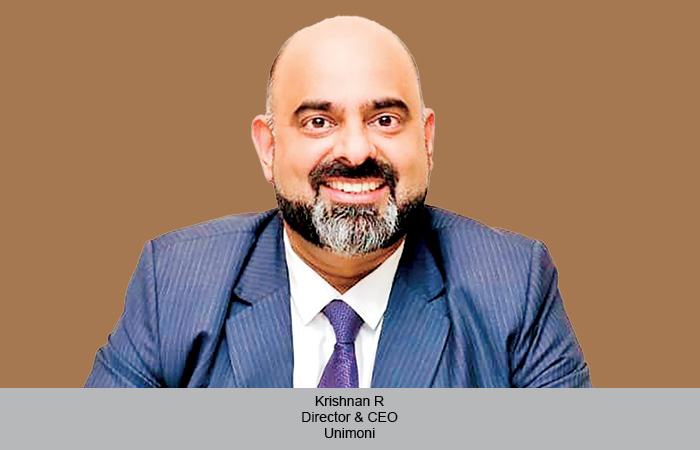Times like the present are an opportunity to revisit existing contracts and educate oneself to ensure that future contracts are watertight and anticipate such unforeseen situations. Therefore, it is important to be apprised of a prominent contractual phenomenon relevant during and post the manifestation of COVID-19.
Dheeraj Nair, Partner at J Sagar Associates and Co-Chair of the Disputes practice of the firm
The hospitality industry thrives on business and leisure travellers, who may not avail hospitality services for some more time because of the continuing restrictions imposed by COVID-19. Despite the best efforts of the industry, the slow movement of travellers has impacted, and will continue to impact, the hospitality sector at least for a few more months till the scare around COVID-19 diminishes.
The ‘Force Majeure’ clause
A force majeure clause typically is a clause to save the performing party from consequences of breach arising due to supervening impossibility. Under Indian law, a force majeure clause derives its validity from the agreement and excuses a party from its obligations under the contract. The enforceability of a force majeure clause depends on the provisions of the contract, terms of the force majeure clause, nature of default/breach, etc. Moreover, the party claiming force majeure needs to establish a causal link between the force majeure event on the performance of the obligation. It is imperative for industry to understand the scope of a ‘force majeure’ event and its relevance in contracts.
An inclusive force majeure clause
Assuming that existing contracts have a force majeure clause, one needs to examine whether such clause includes a pandemic such as COVID-19. Lockdown or business suspension orders caused by the pandemic would typically fall under government actions. Traditionally, force majeure clauses include the component of ‘act of god’. Many have tried to contend that COVID-19 falls within the purview of ‘act of god’ – the determination of which is due, and perhaps unlikely since ‘act of god’ are events arising out of natural forces free from human intervention. Therefore, each case will have to be determined on the basis of the contractual terms contained therein to examine as to whether it includes a pandemic or a lockdown for suspension or total waiver of the respective obligations of the parties.
In the absence of an inclusive force majeure clause, parties will be better advised to renegotiate their contracts for suspension of obligations due to unforeseen eventualities and ensure that such clauses are incorporated for future performance of contract. The chances of non-defaulting party being unreasonable are mostly likely, thereby leading to either a stalemate or breach of the contract. Recourse to court is an option available to a defaulting party considering that the pandemic is a global phenomenon. Though courts are required to interpret the terms of the contract strictly, lately they have been taking a lenient view by providing partial relief to a defaulting party that can demonstrate how its business was effected by COVID-19. The courts may, however, not be able to keep doling out such reliefs as it may open a floodgate of cases. Without appropriate clauses in place, such cases would amount to filing mercy petitions for sympathetic considerations on equitable grounds. Therefore, a prolonged legal battle engaging time, money and resources may not be the best available option.
Absence of force majeure clause
Contracts without a force majeure clause are governed by Section 56 of the Indian Contract Act, 1872. Section 56 deals with situations where either the contract, or a part of it, becomes impossible or unlawful on account of a subsequent event, beyond the control of the parties. However, a party seeking to be excused from performance of obligation under Section 56 must establish that it is practically impossible to perform the contract. Therefore, merely the contract becoming burdensome or commercially unviable are not good enough reasons to excuse parties from their obligations.
The way forward
The way forward is to revisit and renegotiate contracts with adequately secure clauses. Realigning the focus from standard breach clauses to event and performance-based clauses are well-suited for any contractual relationship in a service industry. Force majeure is only one key aspect which has come to the attention of all stakeholders. However, there is still no foresight on curtailment of lockdown or COVID-19. Therefore, industry members must utilise this time to revisit all existing and future contractual arrangements. Such an exercise should not be limited to commercial contracts, rather, it is advisable to seek legal counsel on revisiting contracts relating to employment, infrastructure, outsourcing, financial borrowing, insurances, etc.
 TravTalk India Online Magazine
TravTalk India Online Magazine





